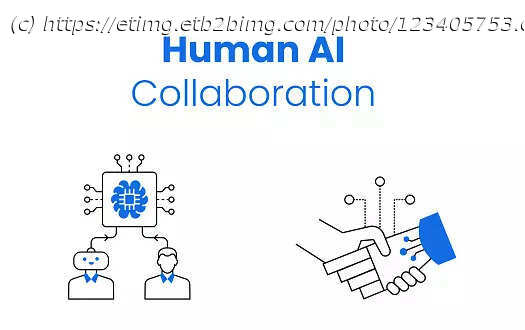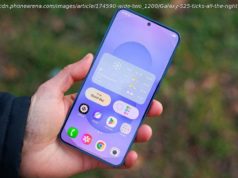By commenting, you agree to the
By Dr Nidhi SehgalFor as long as technology has shaped economies, it has also unsettled workers. Every major leap, the steam engine, mechanisation, and computers have carried with them the shadow of anxiety. Today, artificial intelligence (AI) reignites that same old question with renewed urgency: Will machines render us obsolete? The World Economic Forum forecasts that while 92 million roles may disappear by 2030, 170 million new ones will be created in their place. Similarly, PwC’s global analysis shows that wages in AI-exposed industries are rising twice as fast as elsewhere, even in highly automatable roles. This signals that the demand for human work is not ending; it is shifting. Humans will still be indispensable, but in different roles and with different skills, those that complement intelligent systems rather than compete with them. From human vs machine to human with machine
human with machineFraming the future as a battle of ‘humans versus machines’ misses the point. The true shift is subtler and more profound. Humans are not being replaced; they are being reframed. The future lies in hybrid intelligence, a fusion of human insight and machine precision that elevates both. We are moving along a continuum: from Natural Intelligence, rooted in human cognition, empathy, and ethical reasoning, to Artificial Intelligence, driven by computational power and pattern recognition, and now to Hybrid Intelligence, which blends the two. The winners of tomorrow will not be those who fear artificial intelligence but those who harness this synergy to accomplish what neither side could alone.The cognitive revolution: Work reimagined
The arc of history reveals the full scale of the transformation that hybrid intelligence represents. The Industrial Revolution redefined work around machines that extended physical strength. The digital revolution extended our ability to process information at scale. We are now entering is a cognitive revolution, where machines amplify thought itself. Just as industrial workers had to adapt to the discipline of the factory and digital workers had to adapt to the pace of computing, today’s workforce must adapt to the rhythm of hybrid collaboration. Each revolution has not erased human contribution, but it has always demanded a new set of literacies.Lessons from industry: Hybrid intelligence in action
The evidence is visible. By combining AI forecasting with human oversight, Unilever, for instance, improved demand predictions by 10% in Sweden and boosted sales by up to 30% in markets like Denmark and the US. Here, algorithms crunch complex weather and sales data, while people focus on agility, strategy, and consumer experience. The result is not replacement, but a smarter partnership where technology handles the scale and humans drive the vision.
Start
United States
USA — IT Hybrid Intelligence: Why it is the new era of cognitive revolution at...






